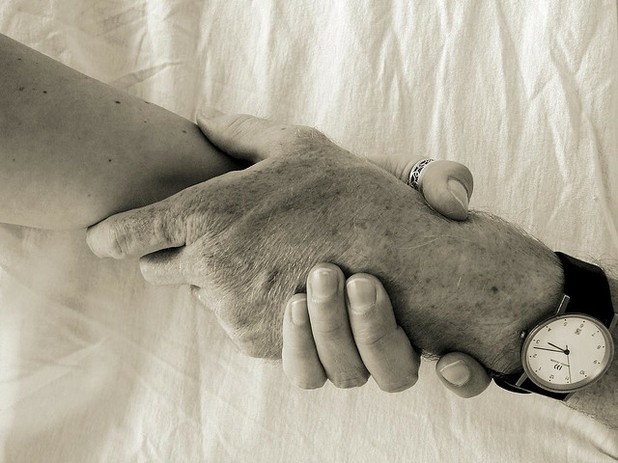- Story Highlights
-
- Altruism: Teens who got more involved with helping other people during a 2 month addiction treatment program experienced less intense cravings than teens who helped less.
- Religious Backgrounds Promote Helping: Teens who came from more religious backgrounds were most likely to get very involved with helping others.
Helping Others during Addiction Treatment Actually Reduces Drug and Alcohol Cravings
Comments (1)Trying to stay clean? Maybe you should get out and lend a hand to someone in need - Researchers at Case Western Reserve University say that teens who get involved with helping others during substance abuse treatment experience fewer cravings for drugs and alcohol than their less altruistic peers.
Aiming to find out what impact helping others during substance abuse treatment might have on eventual treatment success, researchers at Case Western Reserve University followed 195 youth between the ages of 14 and 18 who were all receiving court ordered substance abuse treatment at a residential facility in Ohio.
The subjects were a mix of 93 male and 102 female subjects. 92% of the subjects were marijuana dependent and 60% were alcohol dependent.
The researchers evaluated how involved each subject was in 12 step based helping-others activities through interviews which occurred within the first 10 days of admission to treatment and a follow up interview at 2 months after admission, prior to treatment discharge.
They found that:
- Compared to teens that did little to help others, teens who were more involved in helping others within the 12 steps program experienced a reduction in 2 types of drug and alcohol cravings, improved psychosocial functioning and reduced narcissistic entitlement.
- Teens who had more religious backgrounds were more likely to get involved in helping others within the 12 steps program and experience the benefits that were associated with increased helping.
Commenting on the results, study leader, associate professor of psychiatry Maria Pagano said, “Our findings indicate that service participation in 12-step programs can reduce the craving symptoms experienced by adolescents in treatment for alcohol and or drug addiction.”
She also speculated that teens coming from more religious backgrounds may be more comfortable with some of the helping others aspects of the 12 steps program and this may account for the better outcomes observed amongst those from this group and suggested that “youth entering treatment with low or no religious background may require greater 12-step facilitation or a different approach to derive equal benefit from treatment."
The full research results can be found in the November edition of Journal of Studies on Alcohol and Drugs.


